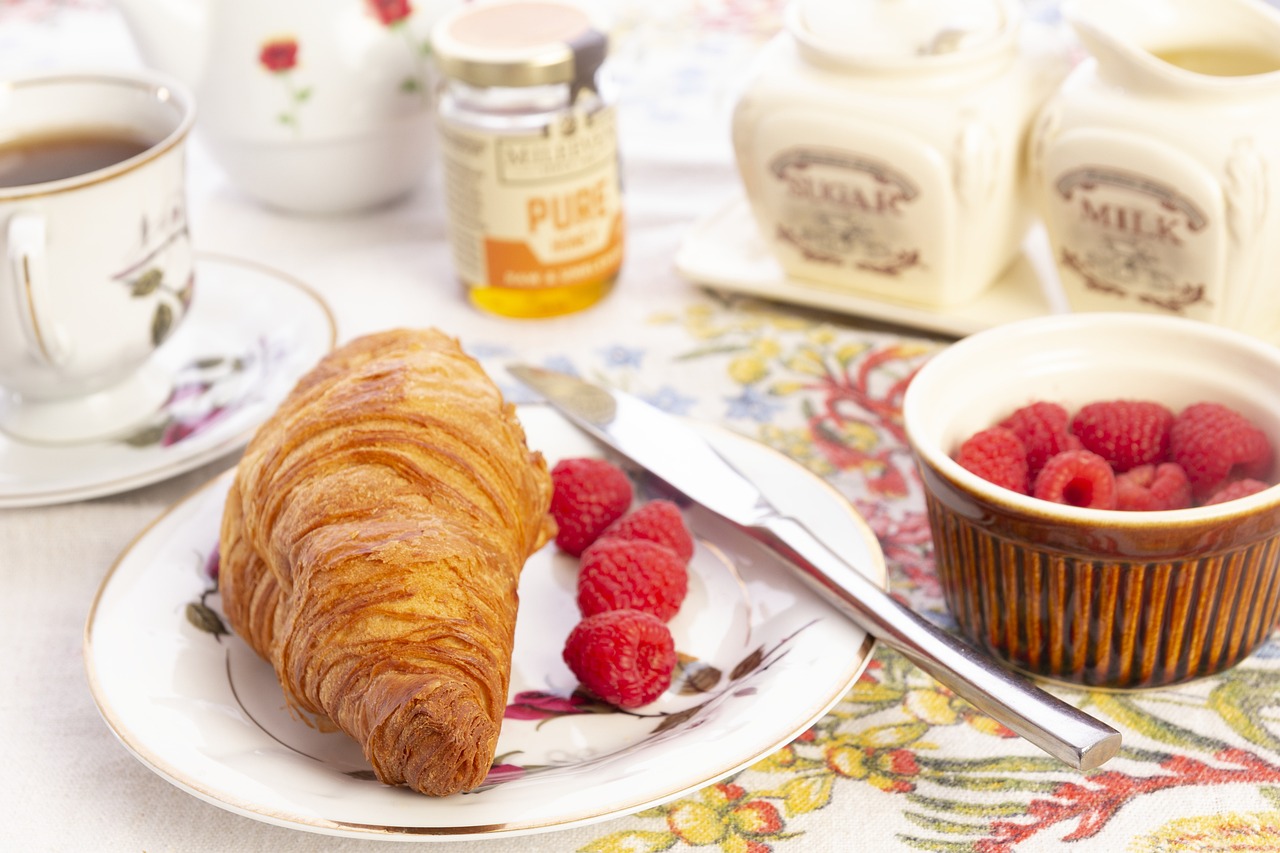
The bed and breakfast, offering a friendly, authentic alternative to traditional hotels. The classification of bed and breakfast establishments, although different from that of hotels, is essential to guarantee visitors a high level of comfort and service. In this article, we explore the different B&B grading systems, their criteria and their importance.
A bed and breakfast is a furnished room in a private home, intended to accommodate tourists for one or more nights. This type of accommodation generally includes breakfast and household linen, and is hosted by the host himself. Accommodation is limited to five rooms for a maximum of 15 people.
The Gîtes de France label is one of the best known for bed and breakfasts. This system uses a classification grid based on "épis" (ears of corn), ranging from 1 to 5, to assess the quality of the accommodation.
Atout France has introduced the Chambre d'Hôtes Référence standard to compensate for the lack of a star rating for bed and breakfasts. This standard is neither a label nor a certification, but it provides a framework for the activity and reassures customers about the quality of the services offered.
The Clévacances label uses a key system to classify guest rooms, similar to the Gîtes de France épis system. Criteria include the quality of the accommodation, the facilities and services on offer.
The environment and location of a bed and breakfast are essential criteria. Good access, parking facilities and a pleasant outdoor setting with gardens or terraces all contribute to a positive experience for guests. What's more, the absence of noise and visual disturbance is a key factor in guaranteeing peace and quiet.
The comfort of the rooms and the quality of the facilities are also essential. Rooms must be at least 9 m² in size, with quality bedding and tasteful decor. Sanitary facilities, whether private or shared, must be impeccably clean. Communal areas, such as the lounge and dining room, should be comfortable and welcoming.
The services offered and the quality of the welcome are key factors in the classification of bed and breakfast establishments.  Breakfast, often made from local produce, should be included in the price of the night's stay. The welcome should be warm and personalised, with appropriate tourist advice. Last but not least, visitors appreciate the opportunity to take part in local activities, such as hiking or craft workshops.
Breakfast, often made from local produce, should be included in the price of the night's stay. The welcome should be warm and personalised, with appropriate tourist advice. Last but not least, visitors appreciate the opportunity to take part in local activities, such as hiking or craft workshops.
The classification of bed and breakfast establishments plays a crucial role for a number of reasons. Firstly, it ensures transparency, by informing customers about the level of comfort and services they can expect. A good rating reassures customers about the quality of the accommodation and helps to establish a climate of trust. What's more, well-ranked B&Bs enjoy greater visibility and are more likely to attract customers and get good reviews.
B&B classification is an essential element in guaranteeing the quality of accommodation and customer satisfaction. Whether it's the Gîtes de France "épis", the Clévacances "clés" or the Chambre d'Hôtes Référence, these systems offer invaluable benchmarks for tourists looking for comfort and authenticity. As a bed and breakfast owner, aiming for a good classification is not only beneficial for attracting customers, but also for ensuring their loyalty and satisfaction.